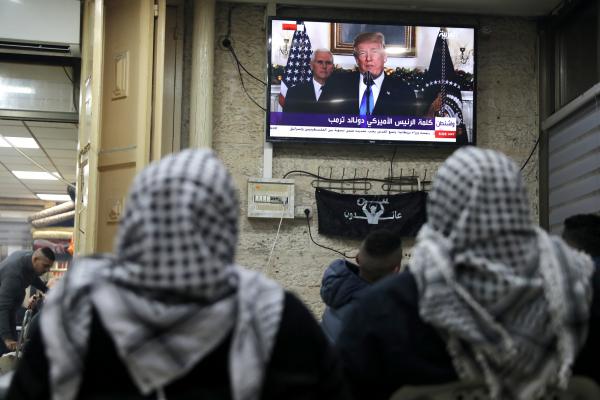Dec 6, 2017
Peacemaking isn’t a passive withdrawal from conflict — it’s an intentional movement toward it with tools to understand, heal, and transform. It’s time for Christians across the U.S. to engage in this conflict in a helpful, curious way. I know there is a lot of confusion and complexity around this and, for the sake of my friends (Jews, Christians, and Muslims) in the region, as well as our collective wellbeing, I feel compelled to offer a few brief observations on today’s announcement by President Donald Trump on the U.S. embassy and the status of Jerusalem as the capitol.
Read the Full Article

Already a subscriber? Login
